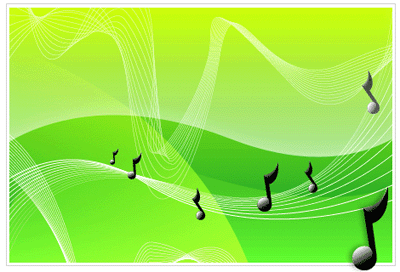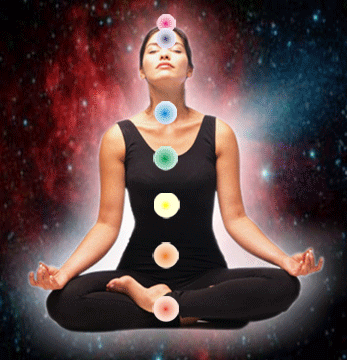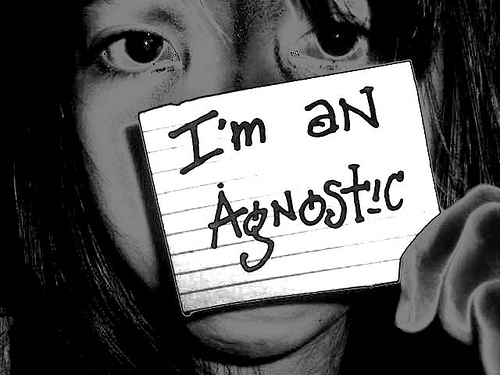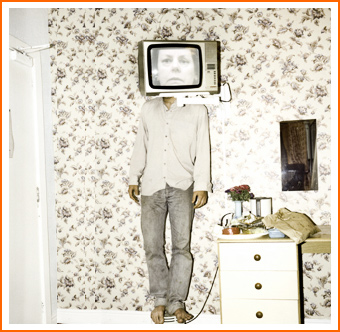
[From NIGHTLIGHT 5(2), Summer 1993, Copyright, The Lucidity Institute.] TESTING THE LIMITS OF DREAM CONTROL: THE LIGHT AND MIRROR EXPERIMENT by Lynne Levitan and Stephen LaBerge Lucid dreaming offers the promise of enhanced control over dreams. Yet the question remains quite unanswered of how much dream control is possible. The ability to have lucid dreams also makes possible a way to study this issue. After having attained lucidity in a dream, dreamers can choose to carry out predetermined experiments testing their ability to achieve certain goals. In the “Free Fall” issue of NightLight (Vol. 4, No. 4) we asked lucid dreamers to attempt certain tasks in lucid dreams and to report on the outcome. An introduction to the many viewpoints on dream control will […] Read More








